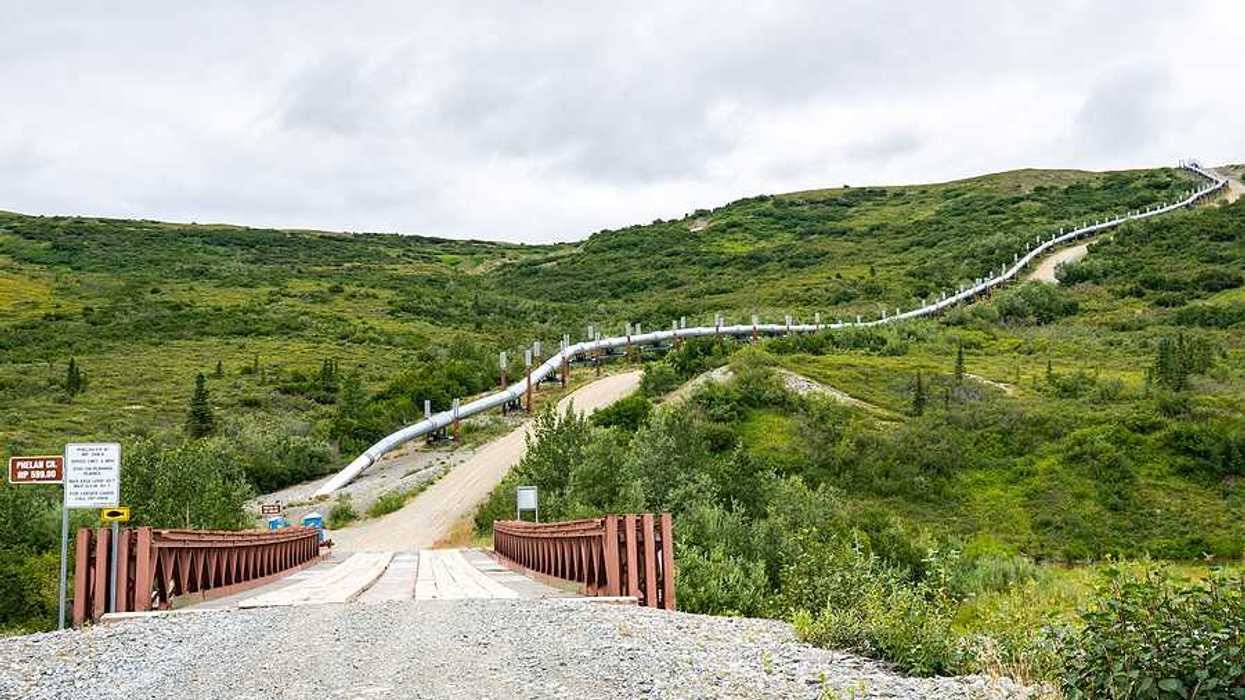A recent report unveils the environmental and human rights toll of a large nickel mining operation in Indonesia.
Hans Nicholas Jong reports for Mongabay.
In short:
- The project has led to extensive deforestation, displacement of local communities, and pollution of water sources on Halmahera Island.
- Indigenous peoples report violations of land rights and environmental degradation, impacting their traditional ways of life.
- The Indonesian government's push for nickel to support clean energy contrasts sharply with the environmental and social costs highlighted.
Key quote:
“Locals say their lands have been grabbed. They’re unable to negotiate land price, and they’re intimidated by police to sell their lands.”
— Krista Shennum, researcher, Climate Rights International
Why this matters:
This story sheds light on the complex intersection of environmental conservation, human rights, and the global race for clean energy resources. One of the primary concerns is the deforestation and disruption of ecosystems that occur when forests are cleared for mining operations. This not only leads to loss of biodiversity but also affects local communities that depend on these ecosystems for their livelihoods.














